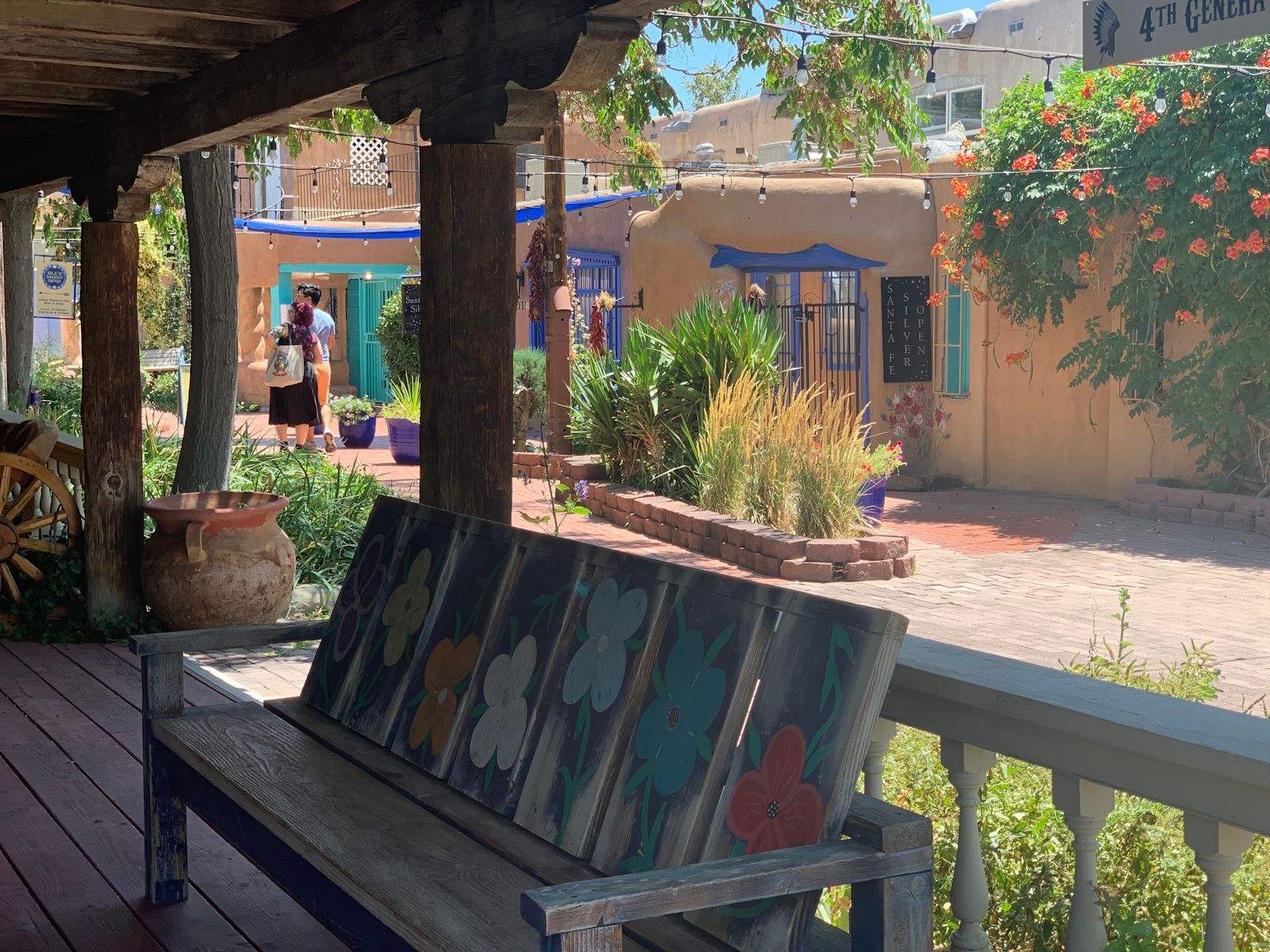The Sound of Focus
Music has always accompanied me in the spaces between tasks, in the breath before the next move. From my first days with the violin, standing stiffly with the instrument under my chin, to the resonance of the guitar against my chest now, the thread of music has woven itself into my daily life.
I don't play the violin anymore. But something, some deeply embedded habit, persists. This persistence — this music that never quite leaves — has shaped my approach to work, to focus, to productivity.
In the beginning, I was taught to practice the violin without producing sound, by holding the instrument perfectly still. No bow, no notes. Just the proper form: the wrist turned a certain way, the neck of the violin pinched just so between thumb and hand. For hours, I stood motionless, my body balancing the weight of the violin, its strange geometry an unwelcome burden.
There was no escape, no release, only silence, discipline, contortion. It was absurd, but it taught me something essential. Focus is not a gift some people have and some lack. It's a skill you acquire, something you learn. As the painful silence stretched on, something in me began to attune to the stillness, to the void of sound. It was a quiet, almost cruel prelude to the music to come.
In its strange rigor, this early training left a mark that I carry to this day. It would be many years before I would create anything beautiful or expressive. I learned the art of restraint, of endurance. What seemed excessive and unnecessary in the moment now feels like the most important part of the process. Finally allowed a bow, the screech that came was jarring. But months later, the first hesitant melodies emerged as a relief, a tangible reward for the invisible work that had preceded them.
I no longer play the violin. But I do play guitar every day. It is an intimate ritual. The guitar presses against my chest as I strum; I can feel the vibrations, the pulse of the instrument next to my heart. There's something deeply rewarding about this connection, this physicality of music.
The violin, perched between chin and collarbone, was a distant and delicate balance. The guitar is warmer. I'm enclosed by it. The sensation of holding it is a conversation between body and sound. The strings hum under my fingertips, and the notes, even as I laugh at myself when they go all wobbly, feel like moments of release.
The tactile nature of playing music is grounding. Creating vibrations and resonances has a meditative quality to it. The music becomes an extension of my own energy, a channel that captures everything — the tension, the release, the focus — and turns it into something tangible.
But music isn't just for practice. In fact, it's often essential for me to listen while I write. It can't be just any kind of music. Words can be a distraction. Even overly interesting music without words can be too much.
If my mind is drawn too close to the musical narrative, I lose my grip on the thoughts I’m trying to form. Some music becomes a conversation I cannot ignore, even when I want to. I often opt for instrumental pieces, or something familiar enough that I can drift into its rhythms as it blends seamlessly into the room.
The music is a soft barrier against distraction, pushing back against the world outside. It offers me a secret passage to concentration. In this way it becomes a boundary, a shield and a guide. It directs my attention inward, helps me to dismiss everything else. It becomes my world.
But it isn't just a backdrop. Both music-making and writing involve a shaping of material, or sound or words, and both require a rhythm, a pattern, a pulse. In a sense, my fingers on either the fretboard or the keyboard are both extensions of the same process. They are instruments of focus, both essential to the way I work.
There is something paradoxical about music’s place in my work. It's both a distraction and a tool for focus, both a means of retreat and a way to engage with the world. These tensions are a great strength. Like the violin practice of my youth, music teaches me not only focus, but patience. It teaches me that silence is not the absence of sound but the presence of anticipation, held still and steady until the note is struck.
Perhaps this is why I turn to music so often. It offers me both stillness and movement, a space in which to exist, and an energy in which to create. It's an essential part of my routine: a source of pleasure or comfort, and a tool of productivity and focus.
Music has always run through everything – through moments of intense focus, through work and rest alike. It is the teacher of patience, the reminder that concentration can be built slowly, note by note. It is the hum of life, guide and companion. I can't imagine working, or living, without it.
